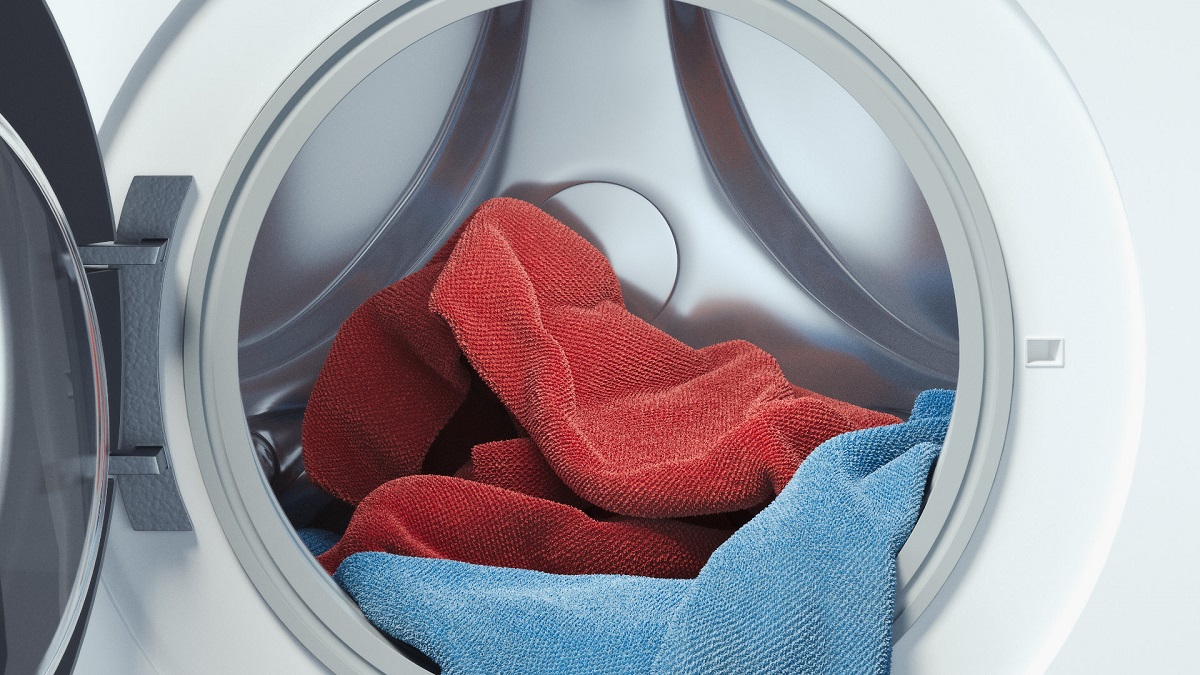

Articles
Why Is My Whirlpool Washer Not Spinning
Modified: January 6, 2024
Learn why your Whirlpool washer is not spinning and find helpful articles to troubleshoot and fix the issue.
(Many of the links in this article redirect to a specific reviewed product. Your purchase of these products through affiliate links helps to generate commission for Storables.com, at no extra cost. Learn more)
Introduction
Welcome to the world of laundry, where your trusty Whirlpool washer has always been a reliable companion in keeping your clothes clean and fresh. But suddenly, you find yourself facing an issue – your beloved washer is not spinning. Don’t panic just yet! This common problem can have multiple causes, and we’re here to help you troubleshoot and fix it.
A spinning cycle is an essential part of the washing process as it helps to remove excess water from your clothes and promote efficient drying. When your Whirlpool washer fails to spin, it can be frustrating and can disrupt your laundry routine. However, before you call a repair technician or consider replacing the entire machine, there are a few potential causes that you can check and fix yourself.
In this article, we will explore some common reasons why your Whirlpool washer is not spinning and provide troubleshooting steps to help you get it back up and running. By the end, you’ll have a better understanding of the issue and the necessary actions to take.
Key Takeaways:
- Don’t panic if your Whirlpool washer isn’t spinning! Troubleshoot potential causes like the lid switch, drive belt, motor coupling, control board, and drain pump to save time and money on repairs.
- By following the troubleshooting steps, you can identify and address the specific issue causing your Whirlpool washer to not spin. Prioritize safety and consider professional assistance if needed.
Read more: Why Is My Whirlpool Washer Stuck On Sensing
Possible Causes of the Issue
When your Whirlpool washer is not spinning, several factors could be responsible. Let’s delve into the potential causes:
- Lid Switch Assembly Malfunction: The lid switch assembly is a safety feature that prevents the washer from spinning when the lid is open. If the switch is faulty or not making proper contact, the washer will not spin.
- Drive Belt Damage or Misalignment: The drive belt connects the motor to the drum, enabling it to spin. If the belt is damaged, worn-out, or misaligned, it can prevent the drum from spinning properly.
- Motor Coupling Failure: The motor coupling is a vital part that connects the motor to the transmission. If it becomes worn or broken, the motor will not be able to transfer power to the drum, resulting in a lack of spinning motion.
- Motor Control Board Defect: The motor control board regulates the functions of the motor, including controlling the spin cycle. If the control board is defective, it can disrupt the spinning process.
- Obstruction in the Drain Pump: A clogged or obstructed drain pump can prevent water from draining properly, causing the washer to halt the spinning cycle. The blockage may be due to debris, fabric, or other foreign objects.
These are the primary culprits for a Whirlpool washer not spinning, but keep in mind that each machine may have unique features and components that can contribute to the issue. By understanding these potential causes, you can now proceed to troubleshoot and identify the specific problem with your washer.
Lid Switch Assembly Malfunction
The lid switch assembly is an important safety feature in your Whirlpool washer. It is designed to prevent the washer from spinning if the lid is open. However, if the lid switch is malfunctioning or not making proper contact, it can prevent the washer from spinning even when the lid is closed.
To check if the lid switch assembly is the cause of the problem, follow these steps:
- Unplug the washer from the power source for your safety.
- Locate the lid switch, which is usually located near the door latch or on the underside of the top panel.
- Using a multimeter, set it to the “Ohms” or “Continuity” setting.
- With the lid closed, test the continuity of the lid switch by touching the multimeter probes to the switch’s terminals.
- If there is no continuity or the reading is significantly different from the specifications in your washer’s manual, the lid switch assembly is likely faulty and needs to be replaced.
If you determine that the lid switch assembly is the issue, you can order a replacement part from an authorized Whirlpool distributor or contact a professional appliance repair technician to assist you with the replacement.
Remember to always refer to your appliance’s user manual or consult a professional if you are unsure of how to handle any electrical components or repairs. Safety should always be a top priority when working with any household appliance.
Now that you’ve checked the lid switch assembly and ruled it out as the cause of the spinning issue, let’s move on to exploring the next potential cause: drive belt damage or misalignment.
Drive Belt Damage or Misalignment
The drive belt in your Whirlpool washer plays a crucial role in transferring power from the motor to the drum, allowing it to spin. Over time, the belt can become worn out, damaged, or misaligned, which can result in the washer not spinning properly.
To determine if the drive belt is the culprit behind the spinning issue, follow these steps:
- Ensure the washer is unplugged before proceeding with any inspection or repair.
- Locate the drive belt, typically found around the drum and motor pulleys.
- Check the condition of the belt for any signs of wear, such as fraying, cracks, or stretching. A damaged or worn-out belt needs to be replaced.
- If the belt appears to be in good condition, check its alignment. A misaligned belt can prevent proper spinning. Adjust the belt by loosening the motor mounting bolts, adjusting the tension, and tightening the bolts again.
If you need to replace the drive belt, consult your washer’s user manual for the correct part number and specifications. You can purchase a replacement belt from an authorized Whirlpool distributor or an appliance repair store.
Remember to exercise caution and consult a professional if you are unsure about performing any repair tasks on your own. Safety is of utmost importance when dealing with household appliances.
If you have ruled out the drive belt as the cause of the spinning issue, let’s move on to the next potential culprit: motor coupling failure.
Motor Coupling Failure
The motor coupling in your Whirlpool washer is a small yet crucial component that connects the motor to the transmission. Its purpose is to transfer power from the motor to the drum, enabling it to spin. However, over time, the motor coupling can wear out or become broken, resulting in the washer not spinning.
To determine if the motor coupling is causing the issue, follow these steps:
- Ensure that the washer is unplugged to prevent any accidents.
- Locate the motor coupling, usually found between the motor and the transmission.
- Inspect the motor coupling for any signs of damage, such as cracks, wear, or separation.
- If the motor coupling appears damaged or broken, it needs to be replaced.
- Order a replacement motor coupling that is compatible with your Whirlpool washer’s model and install it according to the manufacturer’s instructions.
Replacing the motor coupling can be a slightly more complex task compared to checking the previous components. If you’re not confident in your abilities, it’s always advisable to seek the help of a professional appliance repair technician.
Remember to unplug the washer and exercise caution when working with any electrical components. Safety should always be a top priority.
If the motor coupling is not the cause of the spinning issue, proceed to the next potential cause: motor control board defect.
Read more: Why Is My Washer Shaking
Motor Control Board Defect
The motor control board acts as the brain of your Whirlpool washer, regulating the functions of the motor, including controlling the spin cycle. If the motor control board becomes defective or malfunctions, it can disrupt the spinning process.
To determine if the motor control board is causing the issue, follow these steps:
- Ensure that the washer is unplugged for safety.
- Locate the motor control board, usually found near the motor or control panel.
- Inspect the board for any signs of damage, such as burnt components or visible malfunctions.
- If there is visible damage or you suspect a defect, the motor control board may need to be replaced.
- Order a replacement motor control board that is compatible with your Whirlpool washer’s model and follow the installation instructions provided by the manufacturer.
Replacing a motor control board may require some technical knowledge and expertise. If you’re not confident in your abilities, it’s best to contact a professional appliance repair technician to handle the replacement for you.
Always remember to unplug the washer before working on any electrical components to ensure your safety.
If you have determined that the motor control board is not the cause of the spinning issue, proceed to the next potential cause: obstruction in the drain pump.
Obstruction in the Drain Pump
An obstruction in the drain pump can cause your Whirlpool washer to stop spinning. The drain pump is responsible for removing water from the washer during the spin cycle, and if it becomes clogged or obstructed, it can hinder the spinning process.
To check for any obstructions in the drain pump, follow these steps:
- Unplug the washer from the power source.
- Locate the drain pump, typically located at the bottom of the washer.
- Inspect the pump for any debris, such as lint, coins, or small objects that may have gotten stuck.
- If you find an obstruction, remove it carefully and ensure the pump impeller is able to move freely.
- Reassemble the drain pump and plug the washer back in.
If you’ve cleared an obstruction in the drain pump, try running a spin cycle to see if the issue is resolved. If the washer still doesn’t spin, there may be another underlying cause that requires further investigation or professional assistance.
Remember to always exercise caution when working with the drain pump or any other mechanical parts. If you’re uncertain or uncomfortable with performing the task yourself, it’s best to consult a professional technician.
Now that we’ve explored the possible causes and troubleshooting steps for a Whirlpool washer not spinning, you should have a better understanding of the issue and the next steps to take in resolving it.
Remember, it’s essential to refer to your appliance’s user manual for specific instructions and safety guidelines. If the problem persists after attempting these troubleshooting steps, it’s advisable to contact a professional repair service or Whirlpool customer support for further assistance.
Happy washing!
Check if the lid switch is functioning properly. A faulty lid switch can prevent the washer from spinning. You can test the switch with a multimeter for continuity.
Troubleshooting Steps
Now that we have covered the possible causes of a Whirlpool washer not spinning, let’s summarize the troubleshooting steps to help you resolve the issue:
- Checking the Lid Switch Assembly: Start by inspecting the lid switch assembly for any malfunctions or loose connections. Use a multimeter to test for continuity and replace the switch if necessary.
- Inspecting the Drive Belt: Examine the drive belt for signs of damage or misalignment. Replace the belt if it is worn-out, damaged, or out of alignment, and make sure to follow the proper installation procedure.
- Examining the Motor Coupling: Check the motor coupling for any visible damage or signs of wear. If the motor coupling is broken or worn, it will need to be replaced with a new one that is compatible with your Whirlpool washer model.
- Testing the Motor Control Board: Inspect the motor control board for any visible defects or damage. If there are signs of malfunction, consider replacing the motor control board. Ensure that the replacement board matches your washer’s specifications.
- Clearing Obstructions in the Drain Pump: Check the drain pump for any debris or obstructions that may be preventing proper water drainage. Clear any blockages found and ensure that the pump is able to function smoothly.
Remember to always follow appropriate safety measures, such as unplugging the washer before conducting any troubleshooting or repairs. If you are unsure about any steps or encounter difficulties, it is recommended to seek the assistance of a professional technician or contact Whirlpool customer support for further guidance.
Resolving a spinning issue with your Whirlpool washer can save you time and money, as well as keep your laundry routine on track. By systematically checking and addressing each potential cause, you are well on your way to getting your washer spinning again.
If none of these troubleshooting steps resolve the problem, it may be necessary to consult a professional repair service to diagnose and fix the issue. With their expertise, they can identify any underlying mechanical or electrical problems and perform the necessary repairs.
Now you have the knowledge and tools to get your Whirlpool washer back to its spinning glory. Good luck and happy troubleshooting!
Checking the Lid Switch Assembly
The lid switch assembly is a safety feature in your Whirlpool washer that prevents it from spinning when the lid is open. If the lid switch is malfunctioning or not making proper contact, it can cause the washer to not spin even when the lid is closed.
To check the lid switch assembly, follow these steps:
- Unplug the washer from the power source for safety.
- Locate the lid switch assembly, which is usually located near the door latch or on the underside of the top panel.
- Inspect the switch for any signs of damage, such as cracks or loose connections. Ensure that it is securely fastened to the washer.
- If the switch appears to be in good condition, use a multimeter to test its continuity.
- Set the multimeter to the “Ohms” or “Continuity” setting.
- With the lid closed, touch the multimeter’s probes to the terminals of the lid switch.
- If the multimeter displays a reading of infinity or no continuity, it indicates a faulty lid switch that needs to be replaced.
- If the reading is within the specified range as per the washer’s manual, the lid switch assembly may not be the cause of the spinning issue.
If you determine that the lid switch assembly is faulty, you can order a replacement part from an authorized Whirlpool distributor or contact a professional appliance repair technician to assist you with the replacement.
Remember to consult your washer’s user manual or seek professional help if you are unsure about working with electrical components or performing repairs. Safety should always be your top priority.
Now that you have checked the lid switch assembly, let’s move on to the next potential cause: drive belt damage or misalignment.
Read more: Why Is My Whirlpool Dishwasher Not Draining
Inspecting the Drive Belt
The drive belt in your Whirlpool washer is responsible for transferring power from the motor to the drum, allowing it to spin. If the drive belt is damaged, worn-out, or misaligned, it can cause the washer to not spin properly.
To inspect the drive belt, follow these steps:
- Ensure the washer is unplugged before starting any inspection or repair.
- Locate the drive belt, which is usually positioned around the drum and motor pulleys.
- Visually examine the belt for any signs of damage, such as cracks, fraying, or stretching.
- If the belt appears worn-out, damaged, or loose, it needs to be replaced.
- If the belt seems to be in good condition, check its alignment. The belt should be snugly fitted around the pulleys without any twists or slippage.
- If the belt is misaligned, loosen the motor mounting bolts, adjust the tension, and then tighten the bolts.
If you need to replace the drive belt, consult your washer’s user manual for the correct part number and specifications. You can order a replacement belt from an authorized Whirlpool distributor or an appliance repair store.
It’s important to exercise caution when working with the drive belt and any other mechanical components. If you’re unsure about performing the inspection or replacement yourself, it’s best to seek the help of a professional appliance repair technician.
Remember to always unplug the washer before working on any electrical or mechanical parts to ensure your safety.
If the drive belt is not the cause of the spinning issue, proceed to the next potential cause: examining the motor coupling.
Examining the Motor Coupling
The motor coupling in your Whirlpool washer connects the motor to the transmission, enabling the drum to spin. If the motor coupling becomes worn or broken, it can cause the washer to not spin properly.
To examine the motor coupling, follow these steps:
- Make sure the washer is unplugged before beginning any examination or repair.
- Locate the motor coupling, usually positioned between the motor and the transmission.
- Visually inspect the coupling for any signs of damage, such as cracks, wear, or separation.
- If the motor coupling appears damaged or worn, it needs to be replaced.
- Order a replacement motor coupling that is compatible with your Whirlpool washer’s model.
- Follow the manufacturer’s instructions to remove the old motor coupling and install the new one.
Replacing the motor coupling may require some technical knowledge and expertise. If you’re not confident in your abilities, it’s best to contact a professional appliance repair technician to handle the replacement for you.
Always remember to unplug the washer and exercise caution when working with any electrical components. Safety should always be a top priority.
If you’ve examined the motor coupling and determined it is not the cause of the spinning issue, it’s time to move on to the next potential cause: testing the motor control board.
Testing the Motor Control Board
The motor control board in your Whirlpool washer is responsible for regulating the functions of the motor, including controlling the spin cycle. If the motor control board is defective or malfunctioning, it can disrupt the spinning process.
To test the motor control board, follow these steps:
- Ensure that the washer is unplugged for your safety.
- Locate the motor control board, usually found near the motor or control panel.
- Visually inspect the board for any visible signs of damage, such as burnt components or corrosion.
- If there are noticeable defects, such as burnt marks or damaged capacitors, it indicates a faulty motor control board that needs to be replaced.
- If the board appears normal, you can perform a diagnostic test using a multimeter.
- Consult your washer’s user manual or contact Whirlpool customer support to obtain the specific testing procedure and voltage requirements for your model.
- Follow the instructions provided to test the motor control board using a multimeter and compare your readings to the specifications outlined in the manual.
- If the readings deviate significantly from the specified range, it indicates a faulty motor control board that needs to be replaced.
Replacing a motor control board requires technical knowledge and expertise. If you’re not confident in your abilities, it’s best to contact a professional appliance repair technician to handle the replacement for you.
Always remember to unplug the washer before working on any electrical components to ensure your safety.
If you have tested the motor control board and ruled it out as the cause of the spinning issue, proceed to the next potential cause: checking for obstructions in the drain pump.
Clearing Obstructions in the Drain Pump
A clogged or obstructed drain pump can prevent your Whirlpool washer from spinning. The drain pump is responsible for removing water from the washer during the spin cycle, and if it becomes blocked, it can hinder the spinning process.
To clear obstructions in the drain pump, follow these steps:
- Unplug the washer to ensure your safety.
- Locate the drain pump, which is typically situated at the bottom of the washer.
- Inspect the pump for any visible debris, such as lint, coins, or small objects that may have become lodged inside.
- If you see any obstructions, carefully remove them to ensure the pump can function properly.
- Check the pump impeller for any blockage or restriction. Clear away any debris that may be preventing it from moving freely.
- Reassemble the drain pump, making sure everything is securely in place.
- Plug in the washer and test the spin cycle to see if the issue has been resolved.
If clearing the drain pump obstructions does not resolve the spinning issue, there may be another underlying cause that requires further investigation or professional assistance.
Remember to exercise caution when working with the drain pump or any other mechanical parts. If you’re unsure or uncomfortable with performing the task yourself, it’s best to consult a professional appliance repair technician.
Now that you have learned the troubleshooting steps for a Whirlpool washer not spinning, you have the knowledge to identify possible causes and attempt to fix the problem. If the issue persists, it may be necessary to contact a professional repair service or Whirlpool customer support for further assistance.
Best of luck in resolving the spinning issue with your Whirlpool washer!
Read more: Why Does My Washer Squeak
Conclusion
A Whirlpool washer not spinning can be a frustrating problem to encounter. However, with the troubleshooting steps outlined in this article, you have the knowledge and tools to diagnose and resolve the issue yourself in many cases.
We discussed several potential causes for a Whirlpool washer not spinning, including a malfunctioning lid switch assembly, drive belt damage or misalignment, motor coupling failure, motor control board defect, and obstruction in the drain pump. By systematically checking and addressing each potential cause, you can narrow down the problem and take the necessary steps to fix it.
Through careful inspection and testing, you can identify the specific component that is causing the spinning issue. If you encounter any difficulties or are unsure about performing any repairs, it is always advisable to seek the assistance of a professional appliance repair technician.
Remember to prioritize safety throughout the troubleshooting process. Always unplug the washer before working on any electrical components and exercise caution when handling mechanical parts.
If the troubleshooting steps fail to resolve the issue, it may indicate a more complex problem that requires professional assistance. In such cases, it is recommended to contact a certified repair technician or reach out to Whirlpool customer support for further guidance.
We hope that this article has provided you with the information you need to get your Whirlpool washer back to its efficient spinning operation. Doing your own troubleshooting and repair can save you time and money, allowing you to quickly get back to your laundry routine.
Remember, a well-functioning washer is crucial for keeping your clothes clean and fresh, so don’t let a spinning issue linger. Take action, follow the troubleshooting steps, and enjoy the convenience of a fully operational Whirlpool washer once again.
Frequently Asked Questions about Why Is My Whirlpool Washer Not Spinning
Was this page helpful?
At Storables.com, we guarantee accurate and reliable information. Our content, validated by Expert Board Contributors, is crafted following stringent Editorial Policies. We're committed to providing you with well-researched, expert-backed insights for all your informational needs.
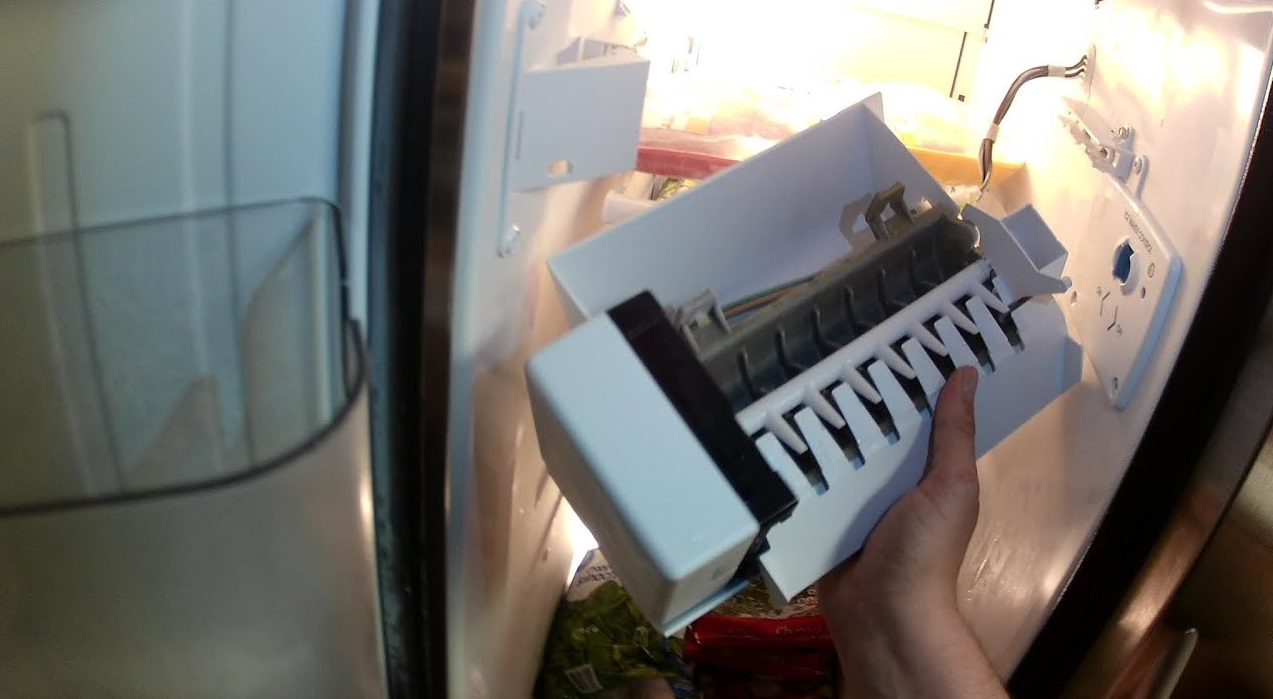
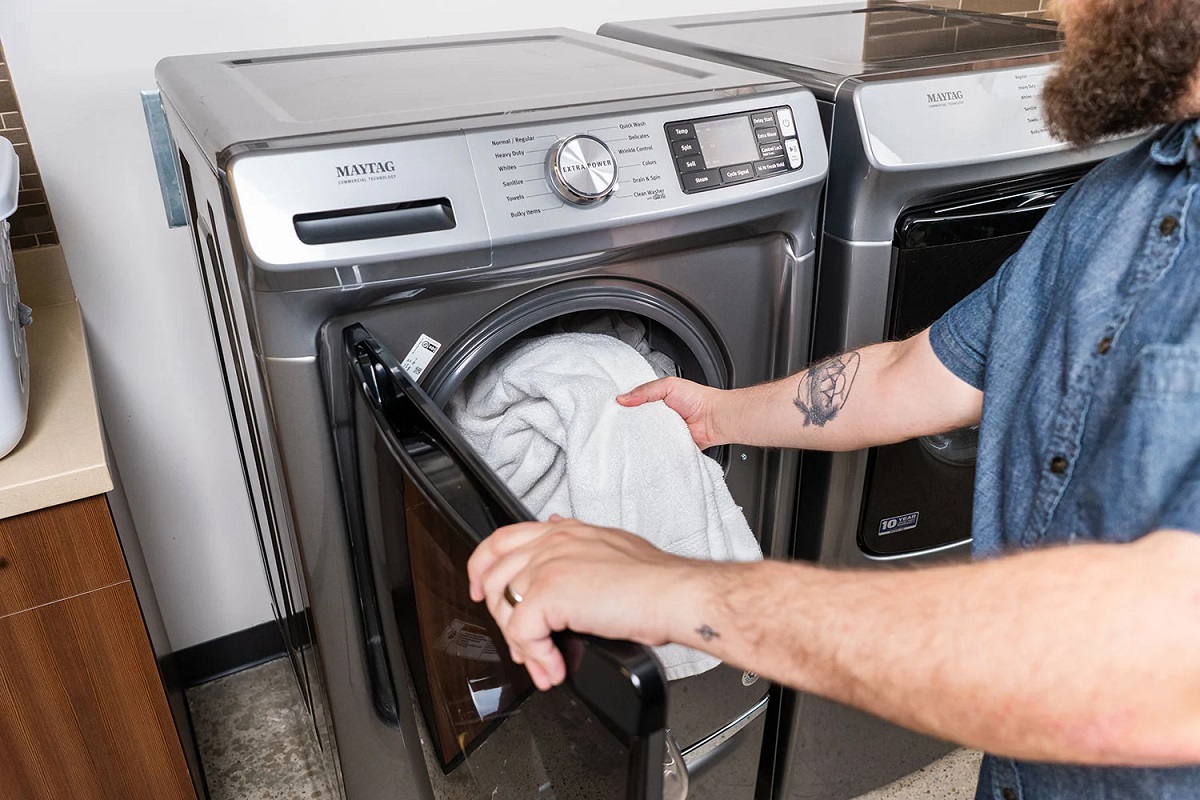
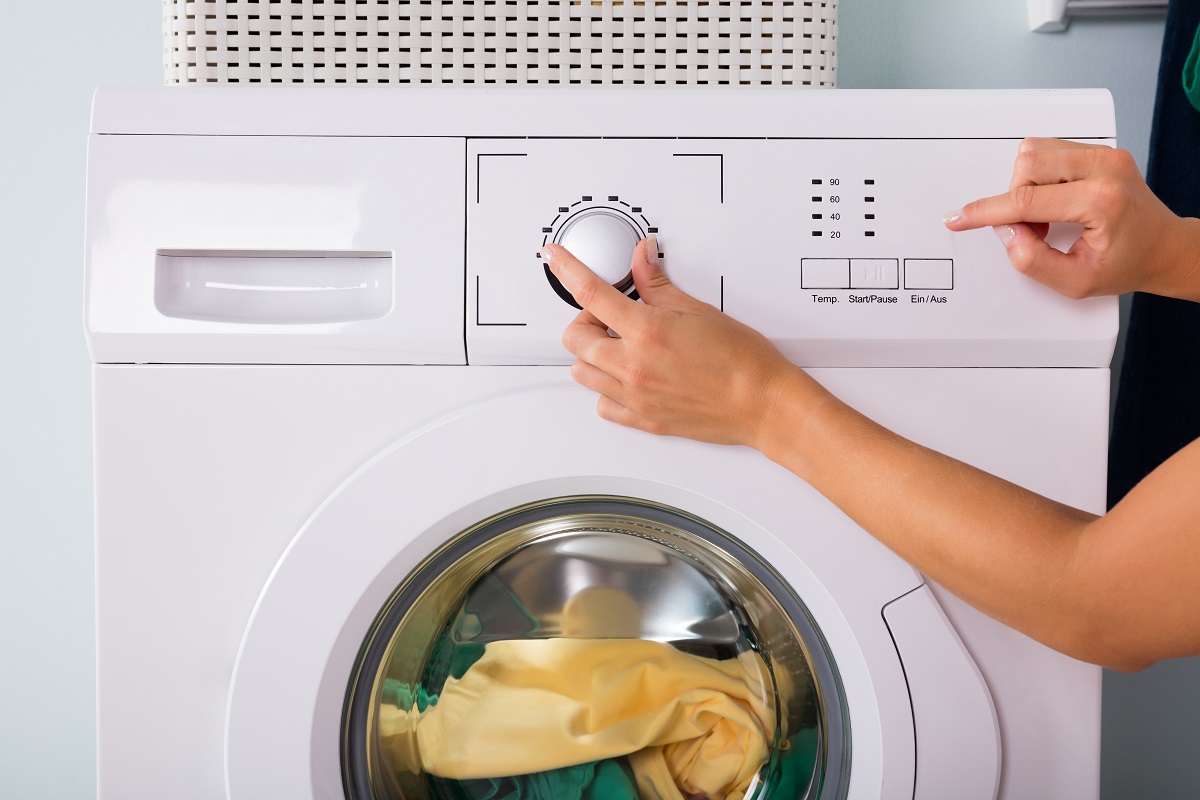
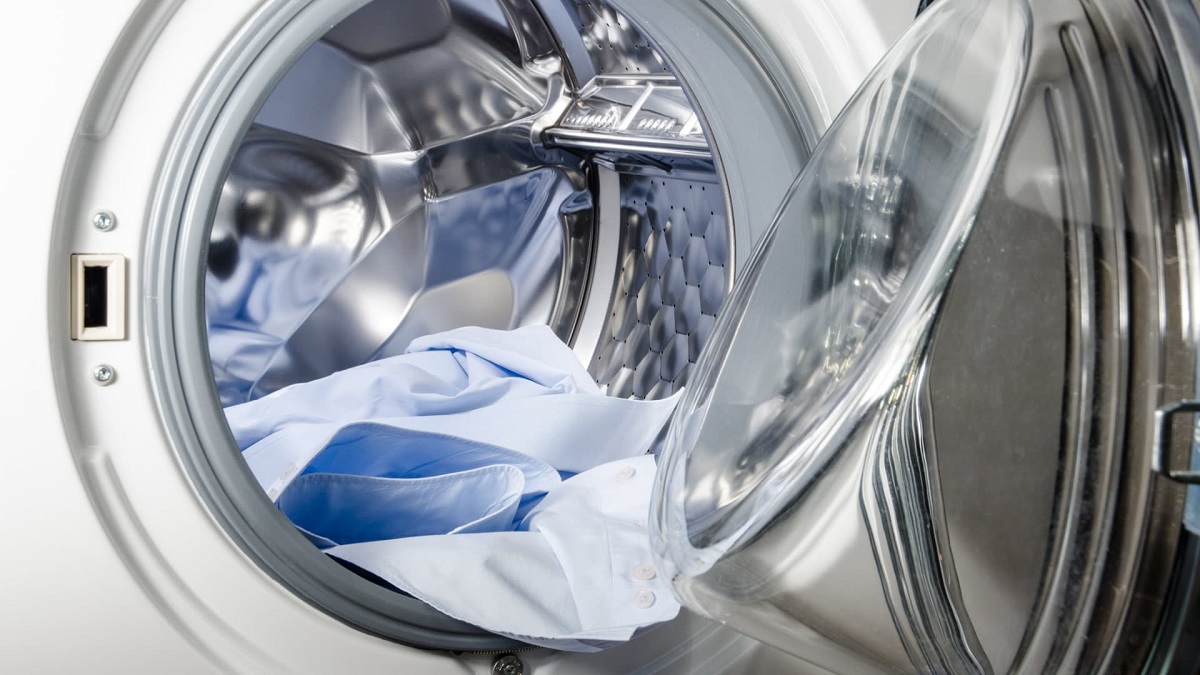
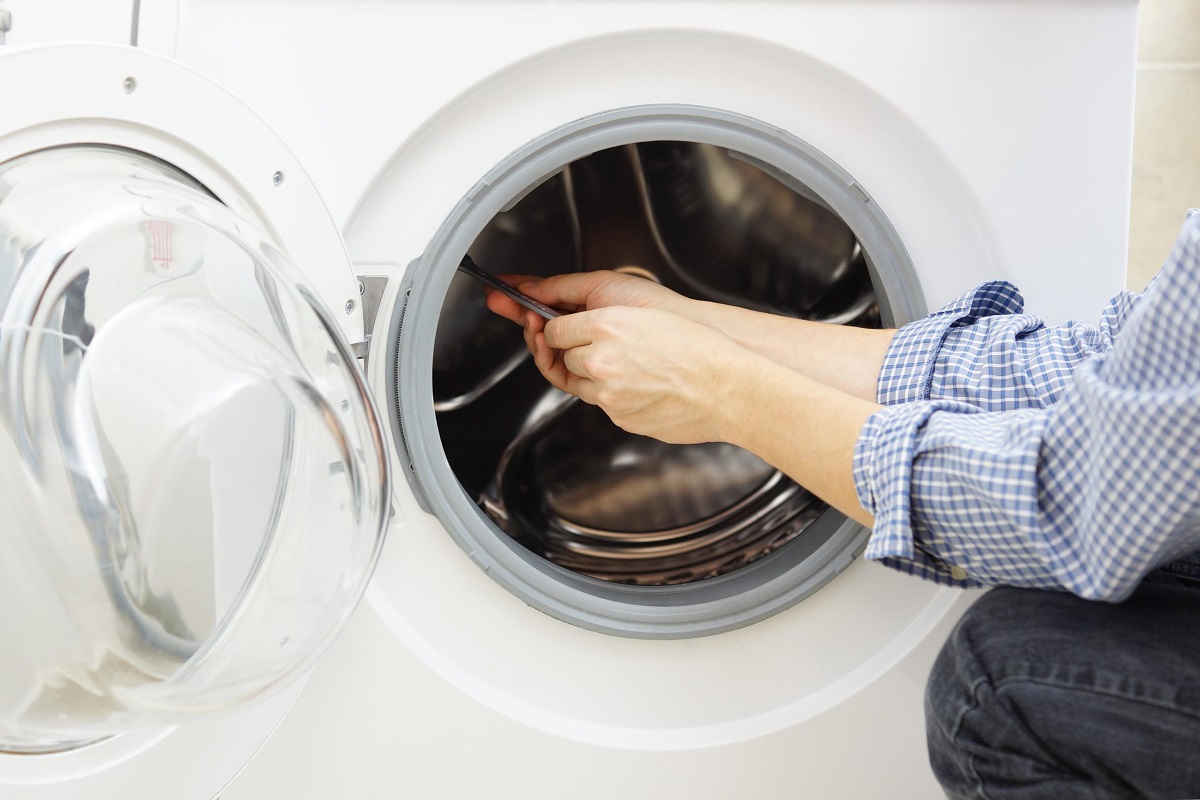
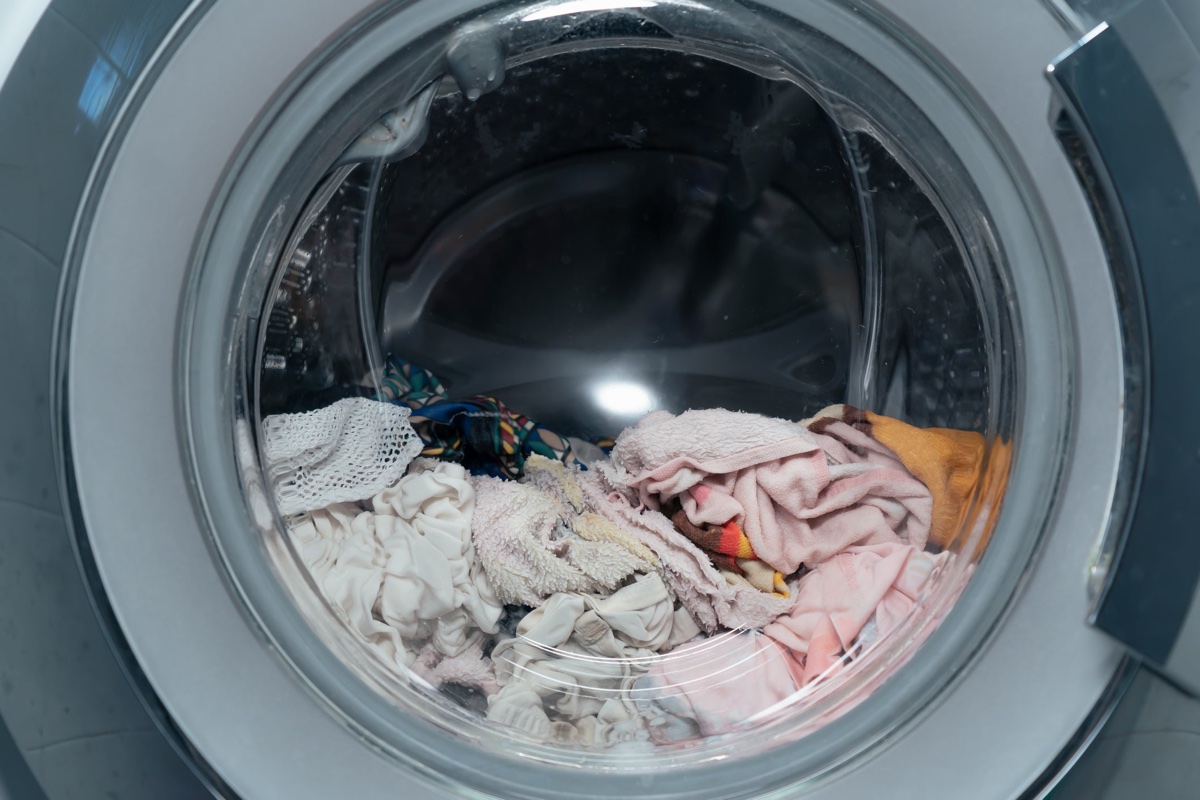
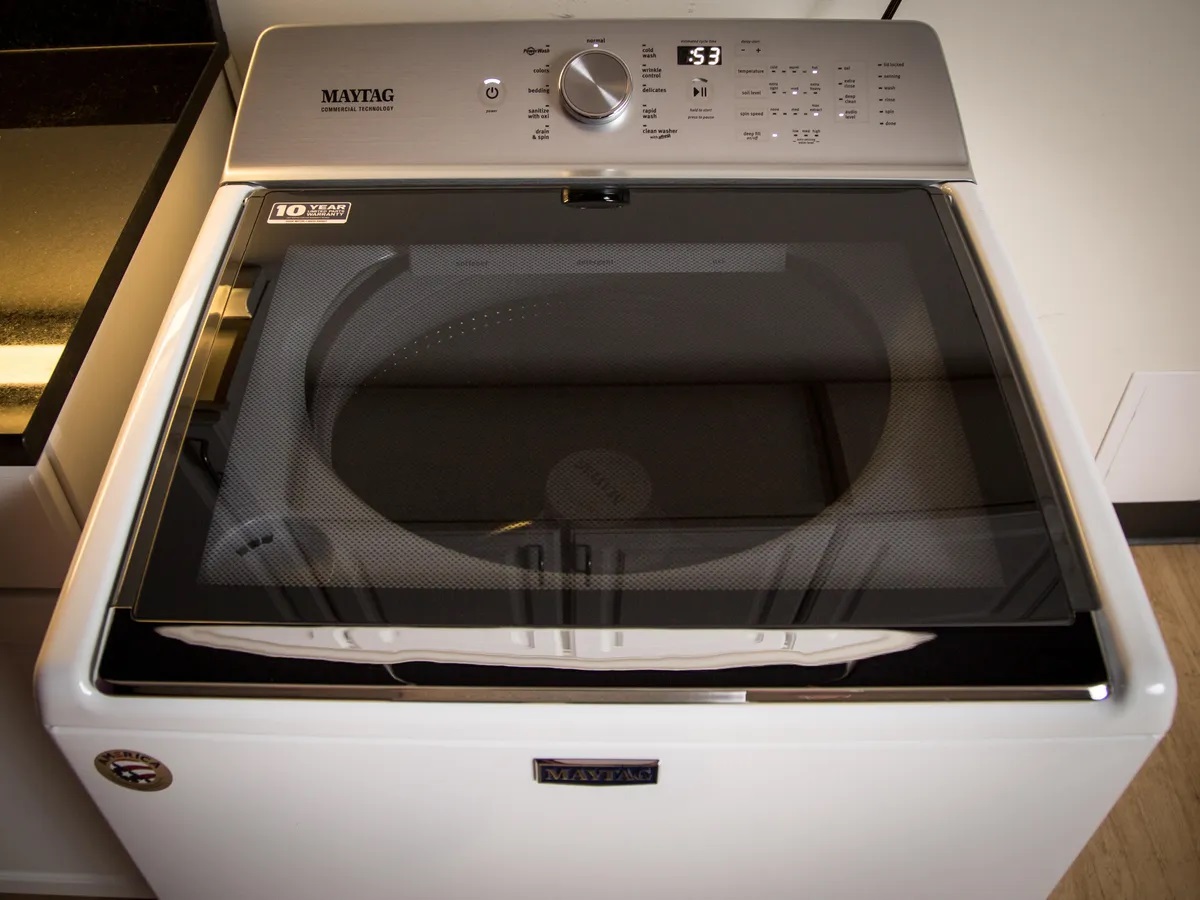
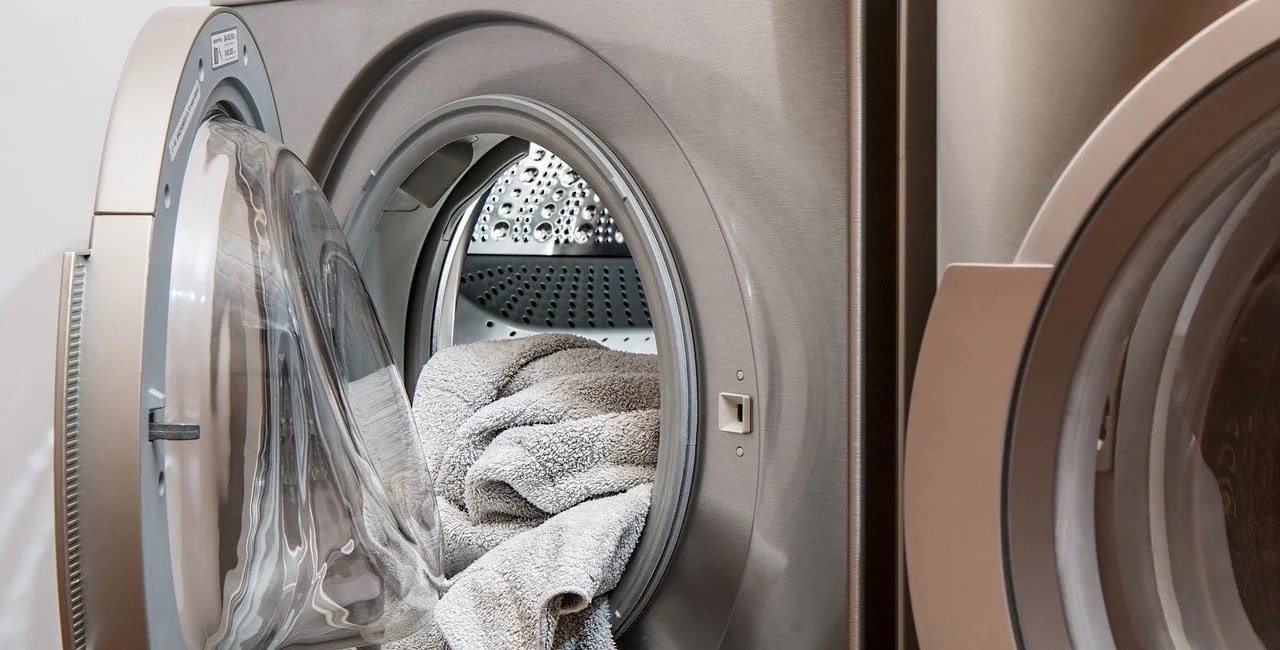
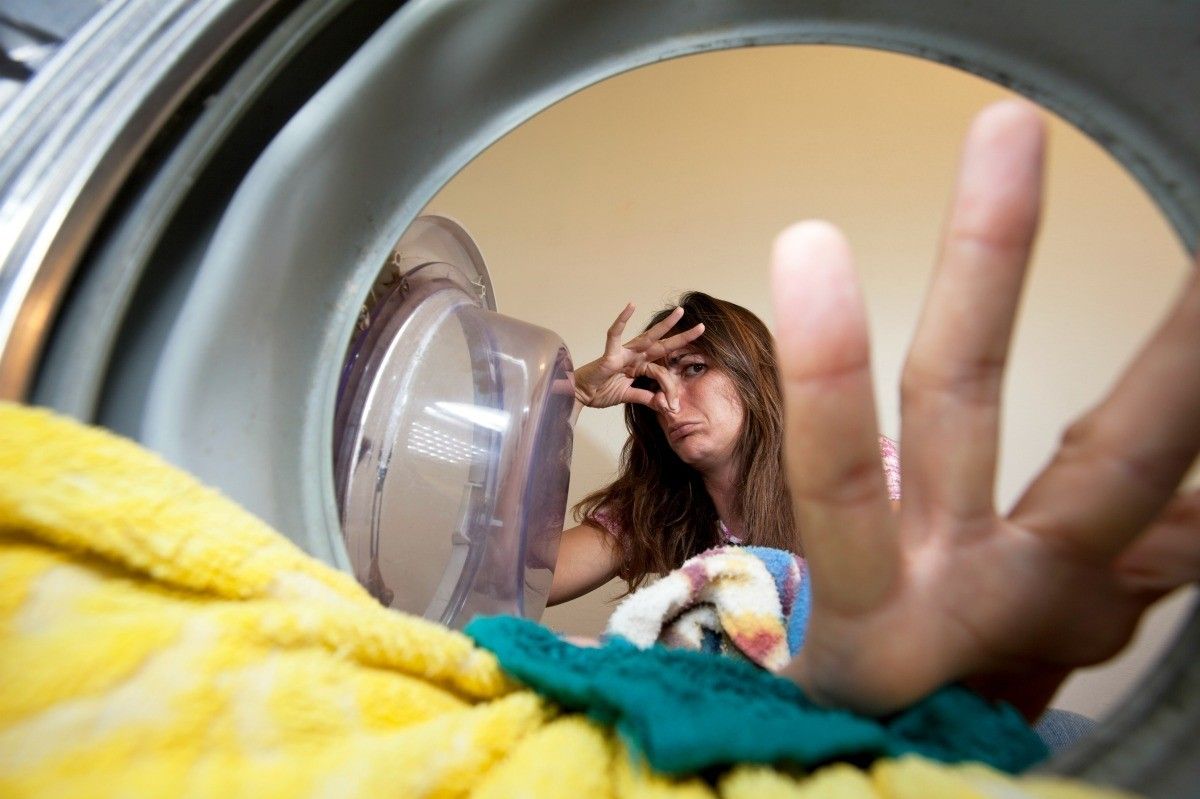
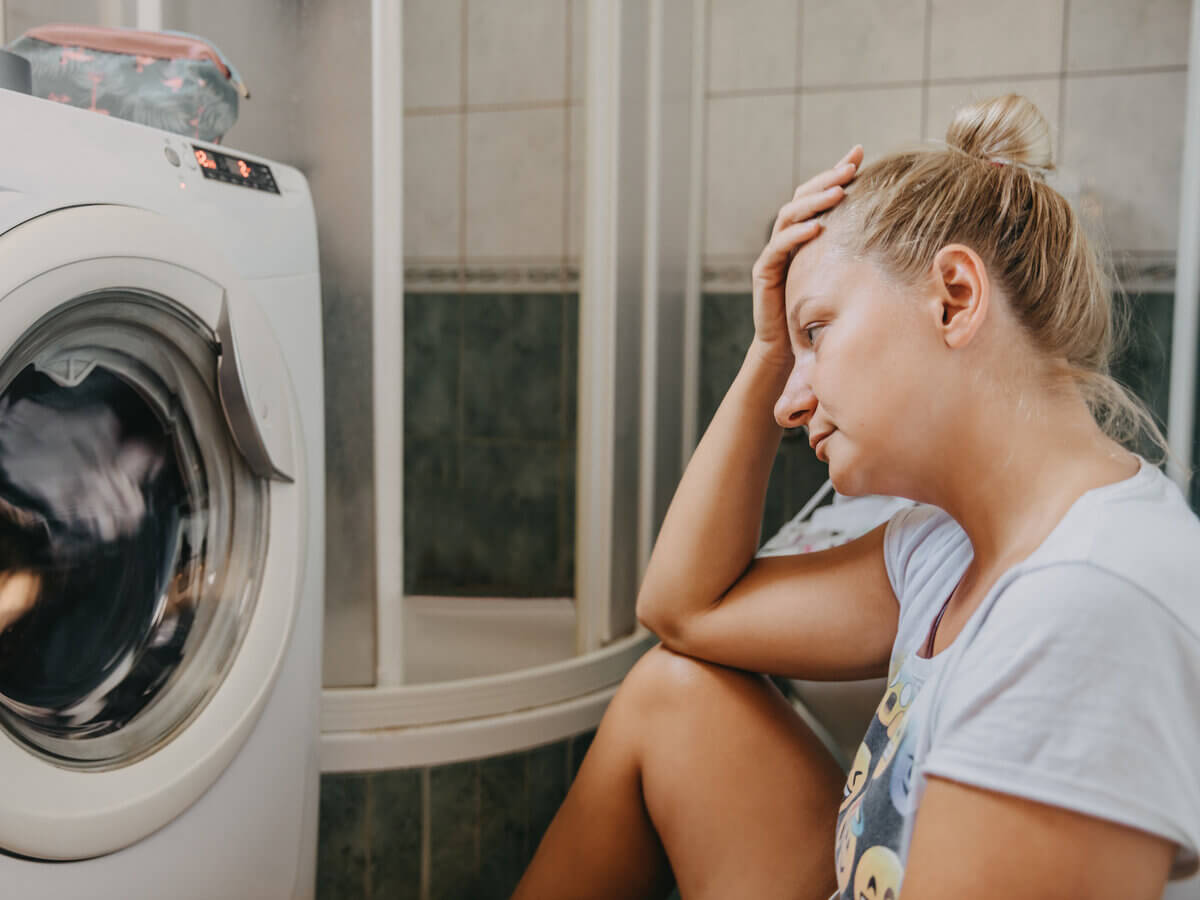
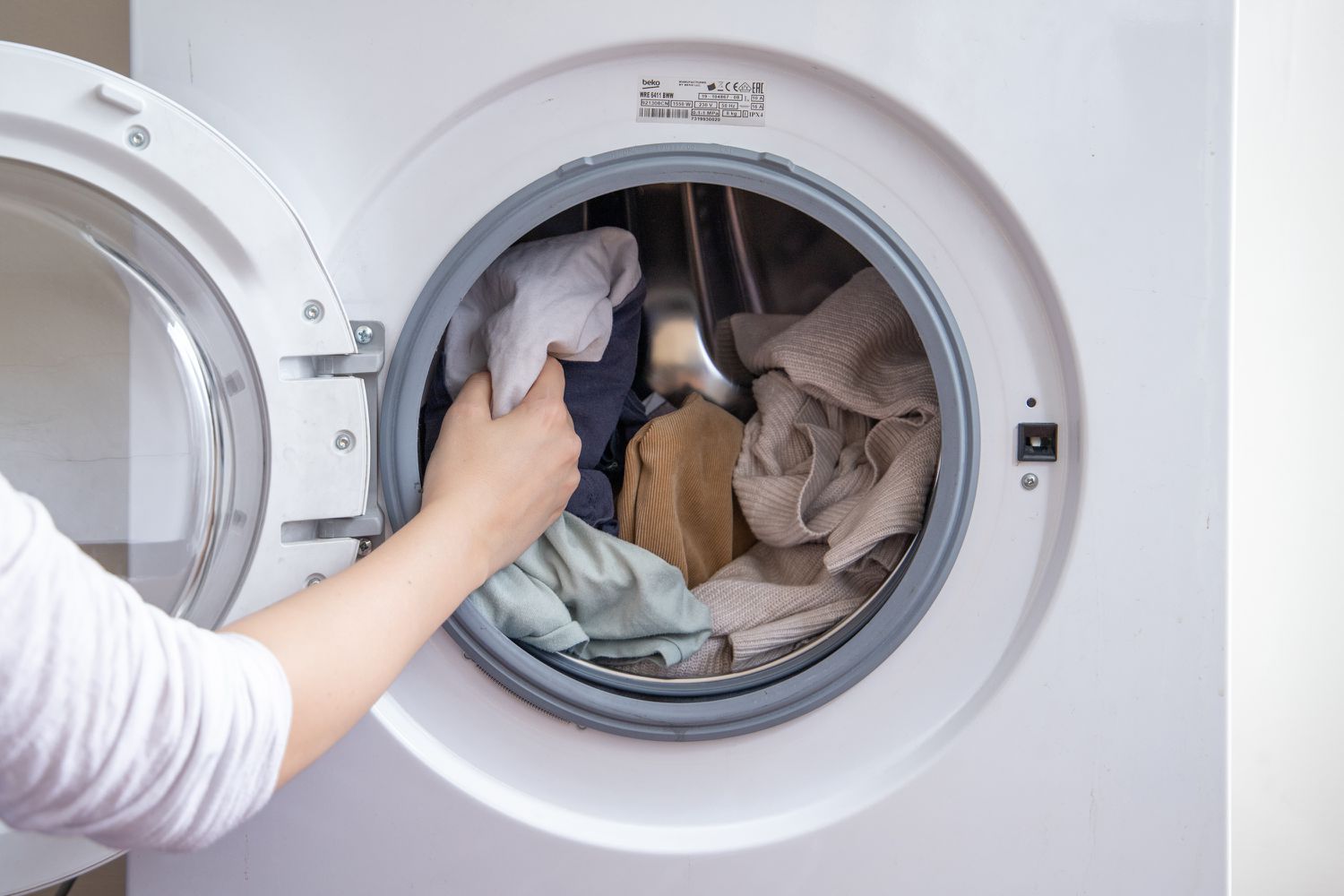
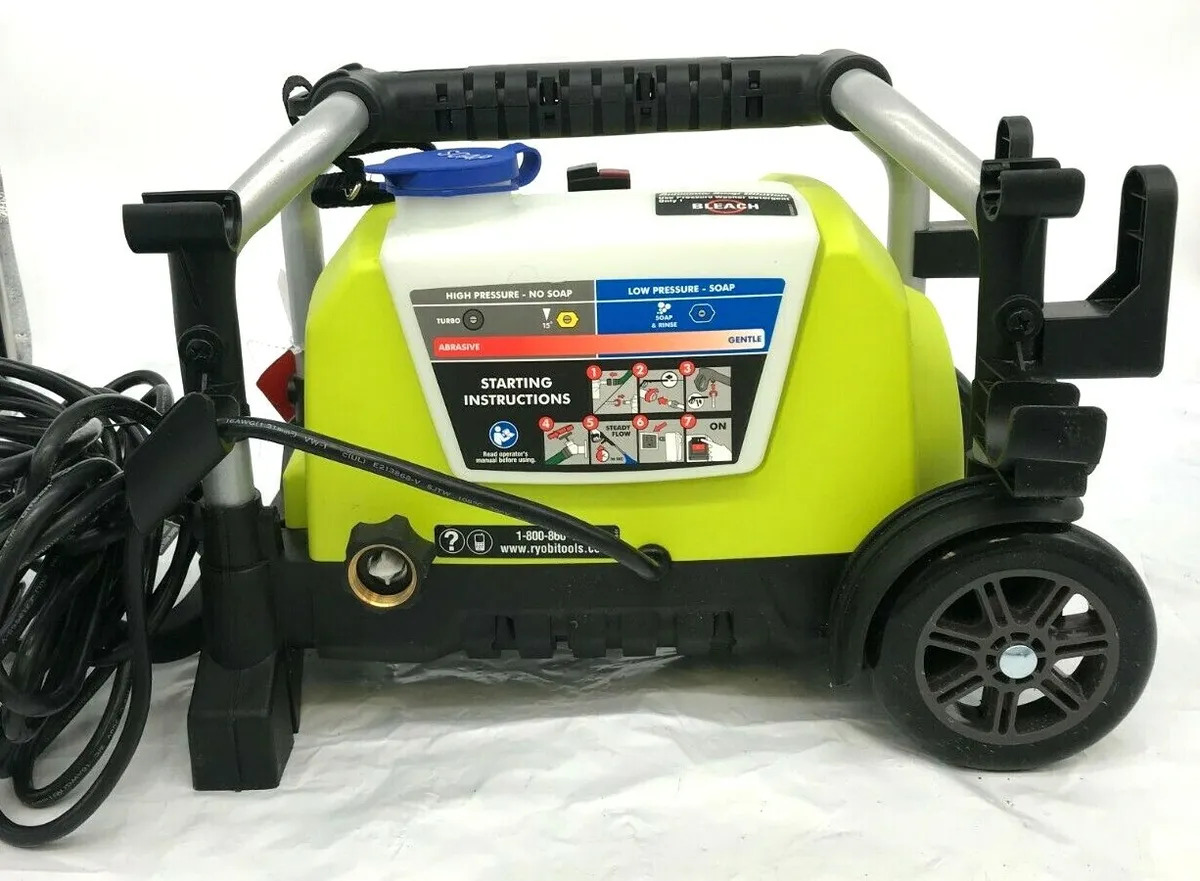

0 thoughts on “Why Is My Whirlpool Washer Not Spinning”